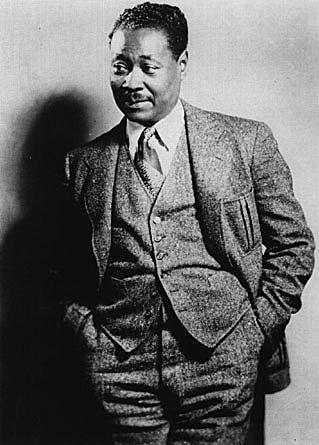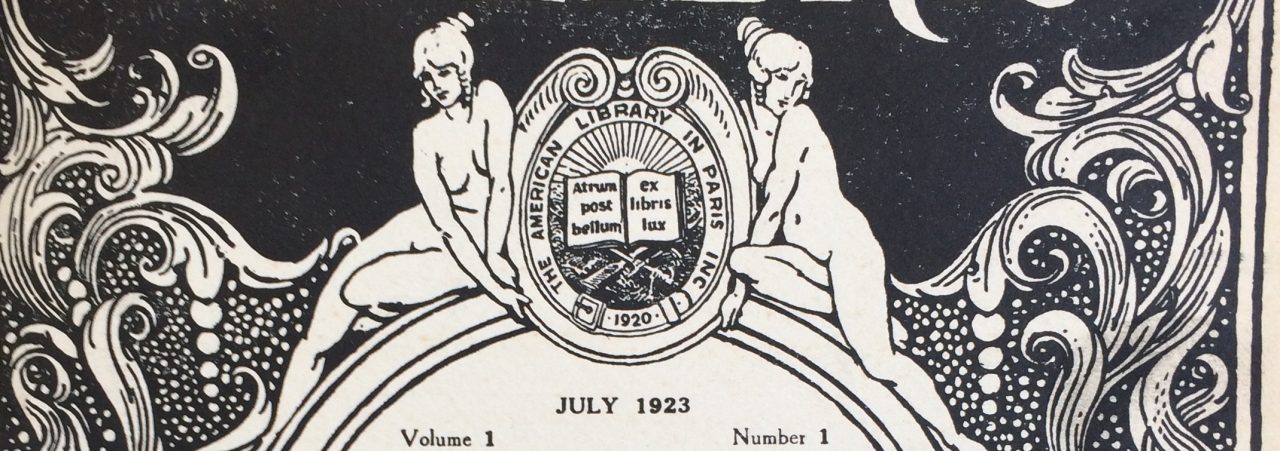Recently returned from a productive weekend at the annual ACLA conference, where I listened to lots of fascinating papers and really productive conversations, pieced together a few ideas for the chapter I’m in the midst of writing (about Paris American papers–stay tuned!), and talked a bit about that first chapter I wrote.
As I’ve seen in the past, talking about passports gets everyone excited. Generally I’m happy to be the silent panelist during Q&A, but passports seem to get people, including me, talking. Everyone has their own passport story (more like stories) they’re eager to share, and everyone is curious about the history of something we can’t imagine modern life without, and yet really is such a recent phenomenon.
My argument, in a nutshell is that in both Claude McKay’s Banjo and Malcolm Lowry’s Under the Volcano, the passport is a powerful tool—providing its bearer with a measure of the state’s power at the same time as it exerts its control, by relying on the document’s possibility for annotation and amendment. Marked documents replace the pristine passport as the novels’ organizing logic, and the potency of the amended document is repeatedly emphasized.


